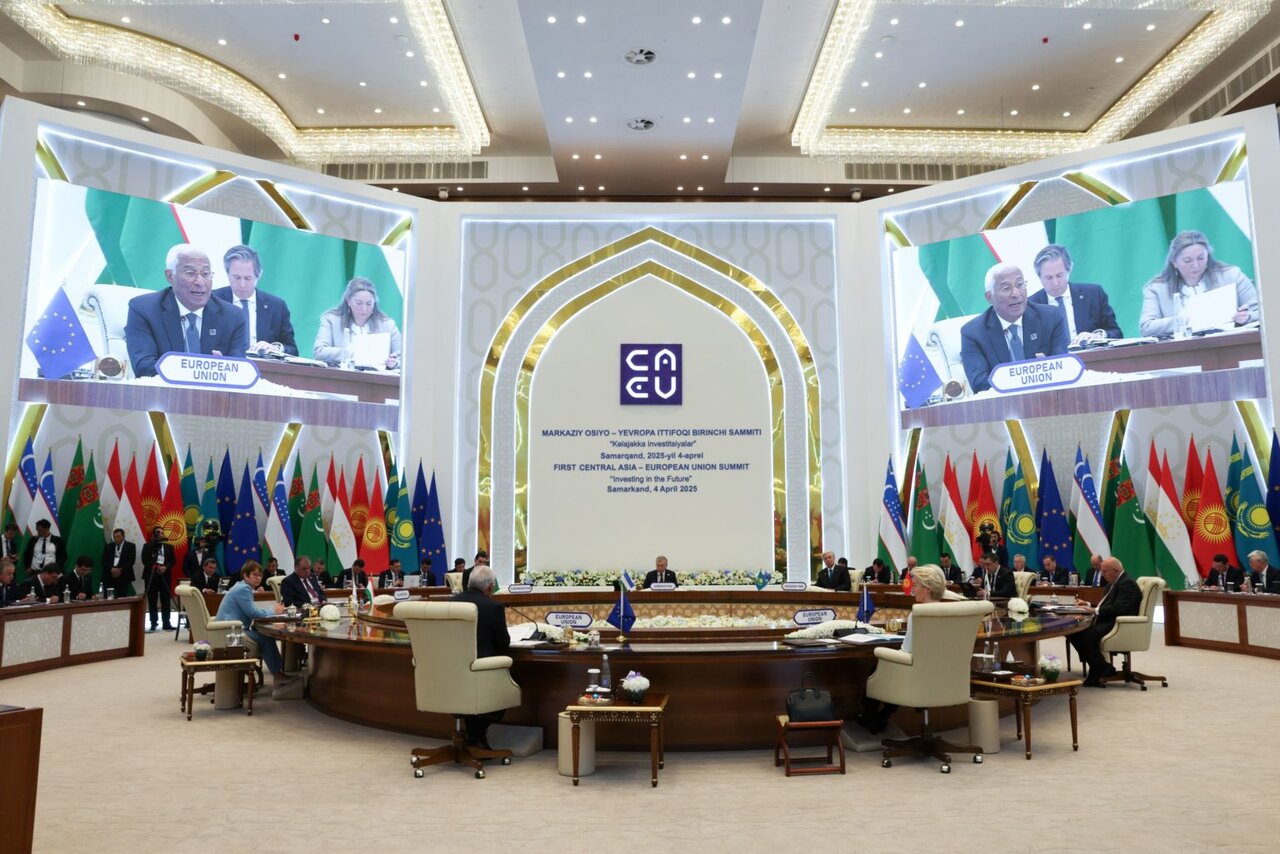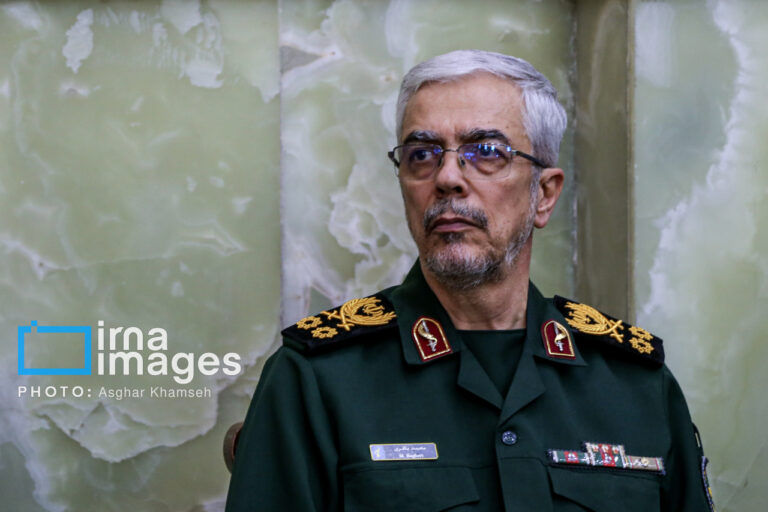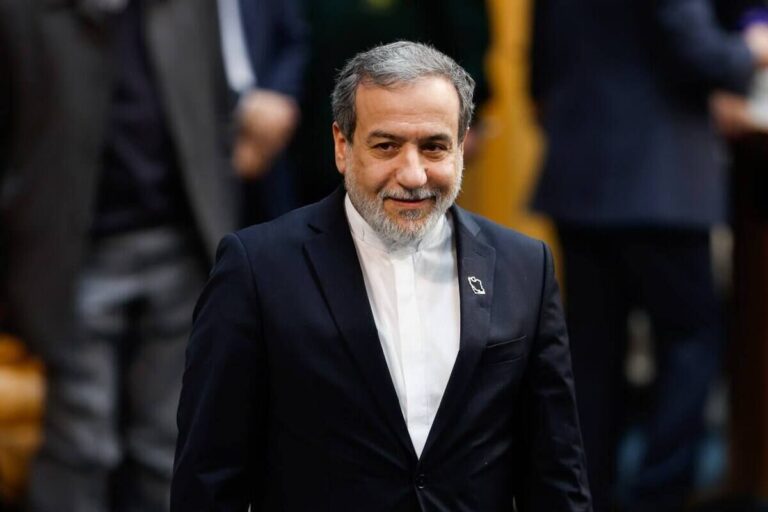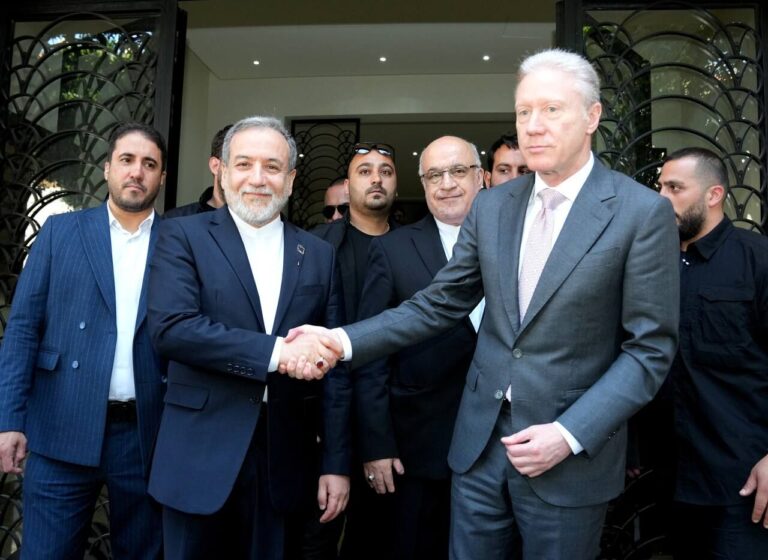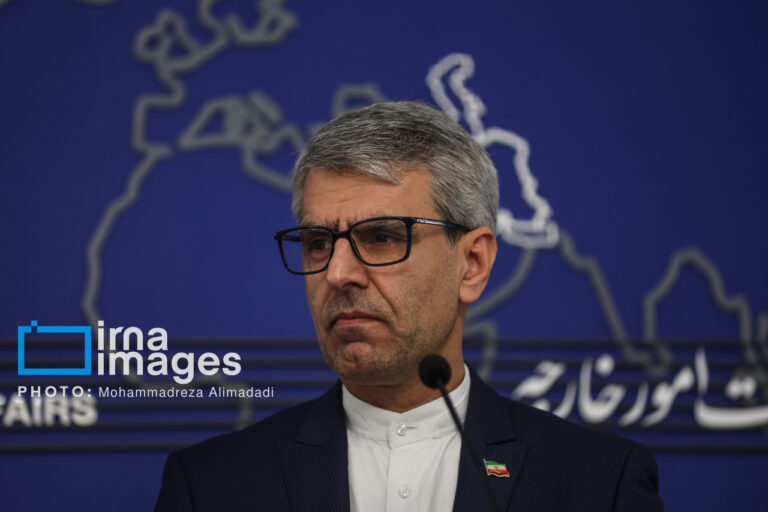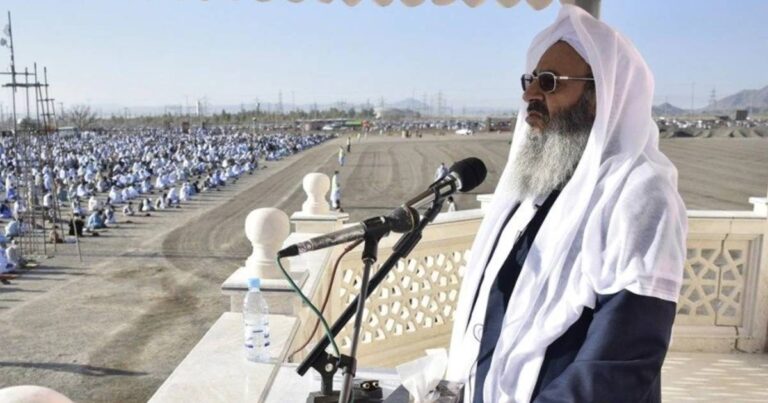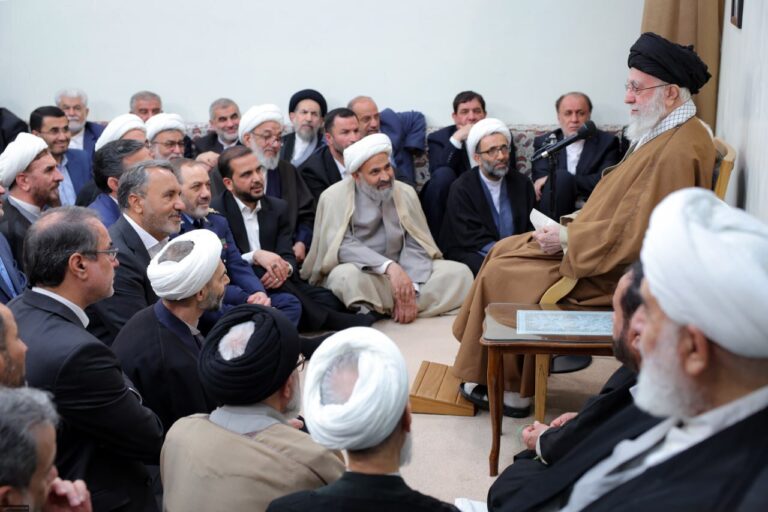4 Central Asian Nations Label Türkiye as an Occupying Force: Rising Tensions Unveiled
In a significant diplomatic move, Kazakhstan, Uzbekistan, Kyrgyzstan, and Turkmenistan have officially recognized Türkiye as an ‘occupying power’ in Cyprus. This decision, reported by Daily Tukik, marks a pivotal moment in the region’s political landscape, particularly impacting Turkey’s relationships within the Organisation of Turkic States (OTS).
The Central Asian nations have shown solidarity with Cyprus by endorsing UN Security Council Resolutions 541 and 550. These resolutions condemn the self-declared Turkish Republic of Northern Cyprus and urge UN members not to recognize its sovereignty. This joint declaration was made during the European Union-Central Asia summit held in Samarkand on April 4.
- UN Security Council Resolution 541 (1983): Condemns the declaration of the Turkish Republic of Northern Cyprus.
- UN Security Council Resolution 550 (1984): Calls on UN member states not to recognize the self-proclaimed authority in Northern Cyprus.
- Commitment to International Principles: The declaration emphasizes that the development of relations between the EU and Central Asian countries hinges on adherence to these UN resolutions.
The declaration explicitly states, “The EU and Central Asian countries confirmed their strong commitment to UN Security Council resolutions 541 and 550 and noted that the development of their relations depends on adherence to this principle.” This statement reflects a unified stance against Turkey’s aspirations to leverage the OTS for recognition of Northern Cyprus.
While Turkish Cypriot authorities had anticipated visits from OTS officials to the occupied northern Cyprus as an avenue for recognition, the reality was quite different. Instead, three OTS member countries have taken steps to strengthen diplomatic relations with the Republic of Cyprus by opening embassies.
The fourth paragraph of the declaration highlights the parties’ commitment to respecting the sovereignty and territorial integrity of all states in international forums. It also stresses the need to avoid any actions that could violate this principle, signaling a clear rebuff to Turkey’s efforts.
In light of these developments, the Turkish Foreign Ministry has remained notably silent, making no public comments regarding the embassy openings in Nicosia or the summit declaration. However, this silence may not indicate a lack of diplomatic activity behind the scenes.
The timing of this declaration is particularly significant as it follows the first informal conference on Cyprus in four years. UN Secretary-General Antonio Guterres announced on March 18 in Geneva that talks are set to resume in late July. This announcement comes despite Turkey and Turkish Cypriot leader Ersin Tatar’s attempts to obstruct UN initiatives aimed at reviving negotiations on Cyprus.
Since the Geneva conference in 2021, Turkey and Tatar have primarily focused discussions on gaining recognition for Northern Cyprus, advocating for a two-state solution. They have also sought to utilize Turkey’s influence within the OTS to advance their position.
Notably, Tatar participated as an “honorary guest” at the OTS summit held in Bishkek in 2024, appearing in photographs alongside other OTS leaders. This participation has drawn strong objections from both Cyprus and the European Union.
Turkish media outlet “Turkiye” reported on the reactions to these significant developments. Professor Faik Alibekmerli from Azerbaijan’s National Academy of Sciences expressed surprise at the events, stating: “We all expected that ‘Cyprus’ would join the Organization of Turkic States and that brotherly countries would open embassies in the ‘Turkish Republic of Northern Cyprus’. To be honest, at first we couldn’t believe it.”
In conclusion, the recent declarations by Kazakhstan, Uzbekistan, Kyrgyzstan, and Turkmenistan highlight a shift in the geopolitical dynamics surrounding Cyprus, emphasizing a commitment to international law and the sovereignty of nations. Turkey’s aspirations within the OTS now face significant challenges, as Central Asian countries align themselves with established international norms regarding Cyprus.
